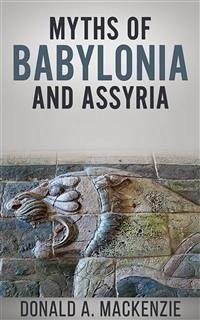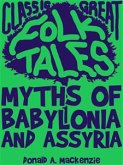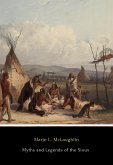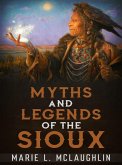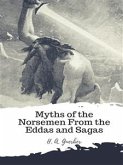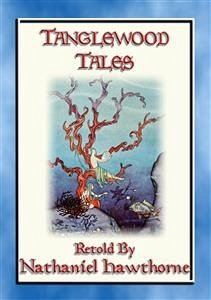Ancient Babylonia has made stronger appeal to the imagination of Christendom than even Ancient Egypt, because of its association with the captivity of the Hebrews, whose sorrows are enshrined in the familiar psalm: By the rivers of Babylon, there we sat down; Yea, we wept, when we remembered Zion. We hanged our harps upon the willows.... In sacred literature proud Babylon became the city of the anti-Christ, the symbol of wickedness and cruelty and human vanity. Early Christians who suffered persecution compared their worldly state to that of the oppressed and disconsolate Hebrews, and, like them, they sighed for Jerusalem--the new Jerusalem. When St. John the Divine had visions of the ultimate triumph of Christianity, he referred to its enemies--the unbelievers and persecutors--as the citizens of the earthly Babylon, the doom of which he pronounced in stately and memorable phrases: Babylon the great is fallen, is fallen, And is become the habitation of devils, And the hold of every foul spirit, And a cage of every unclean and hateful bird... For her sins have reached unto heaven And God hath remembered her iniquities...
Bitte wählen Sie Ihr Anliegen aus.
Rechnungen
Retourenschein anfordern
Bestellstatus
Storno

